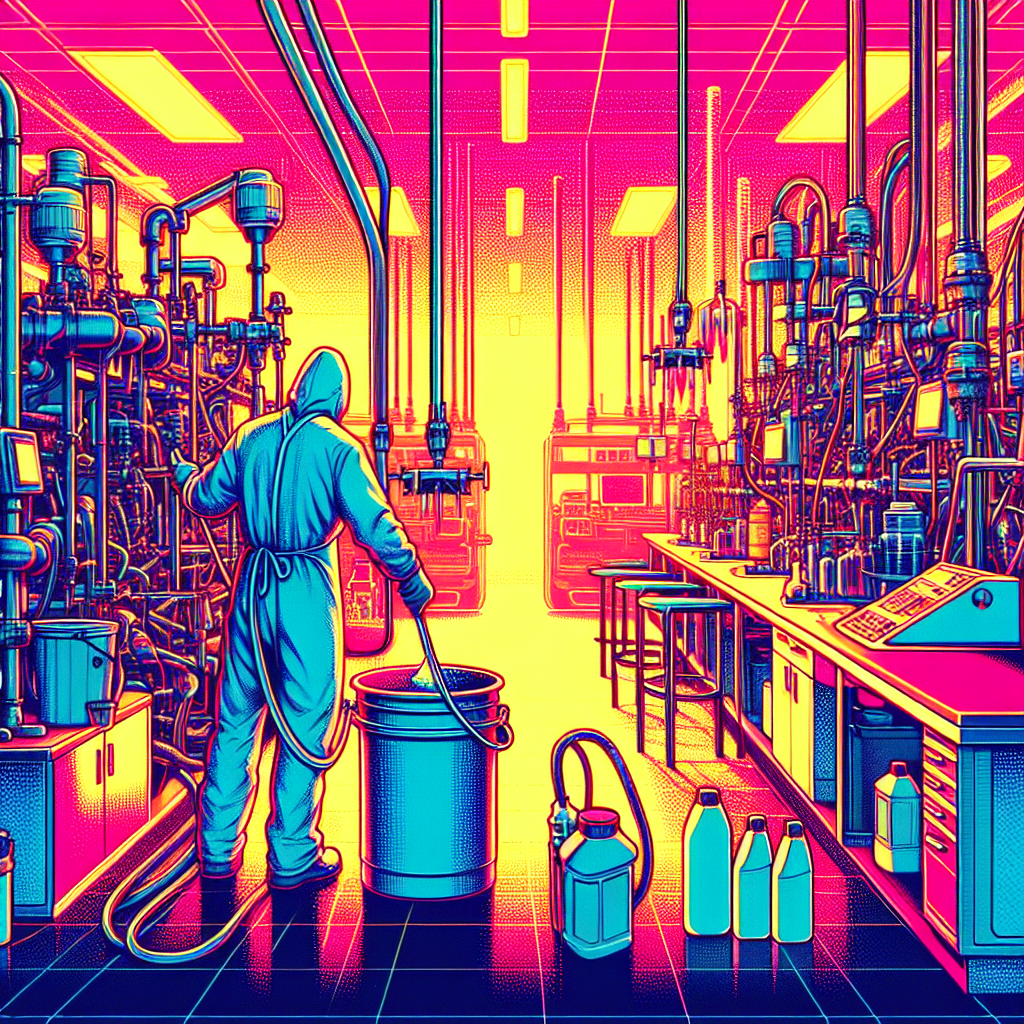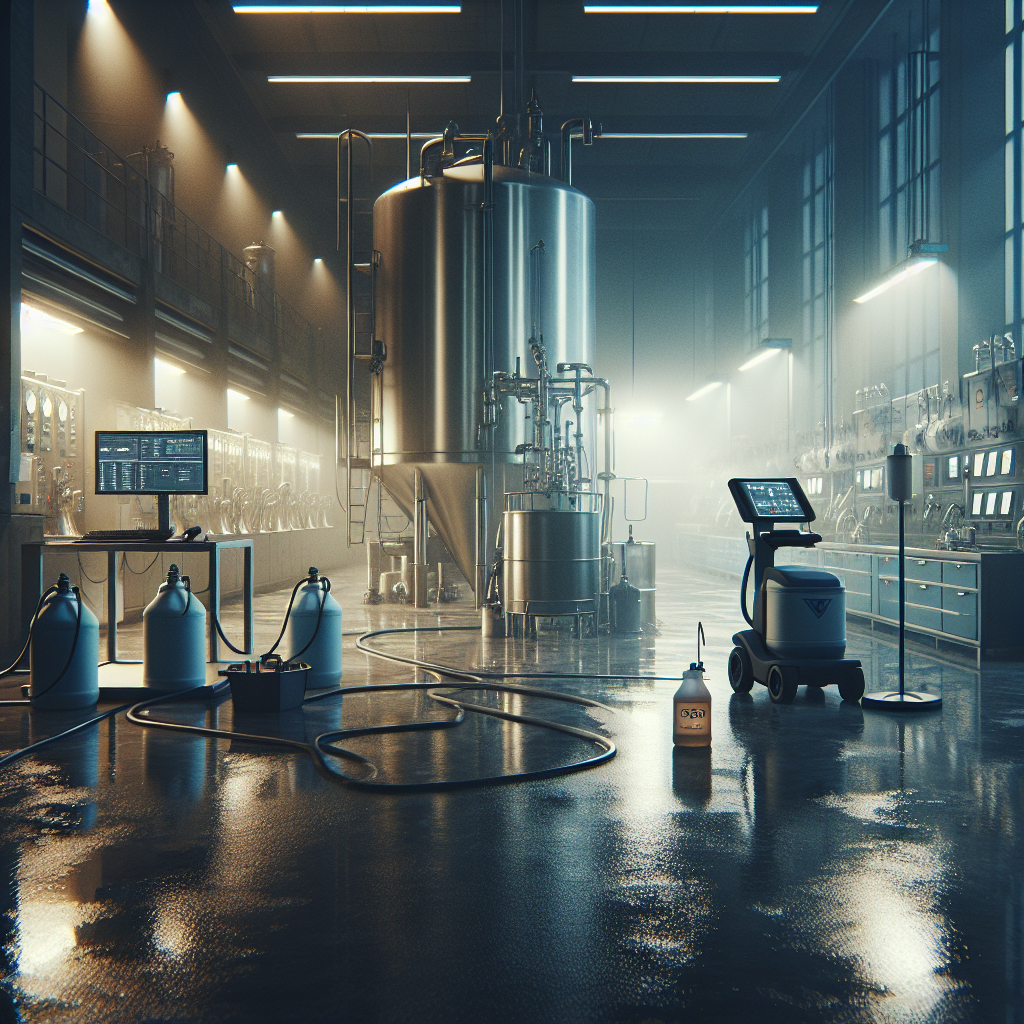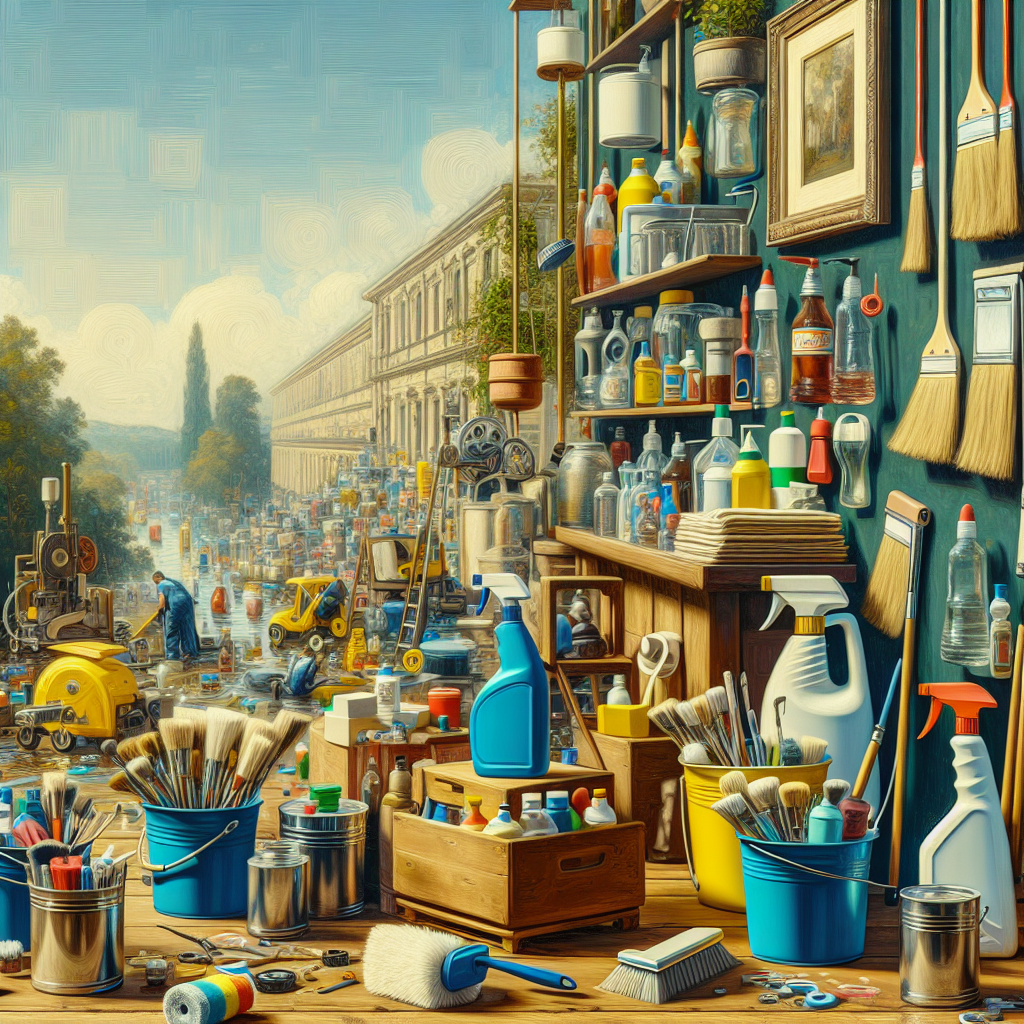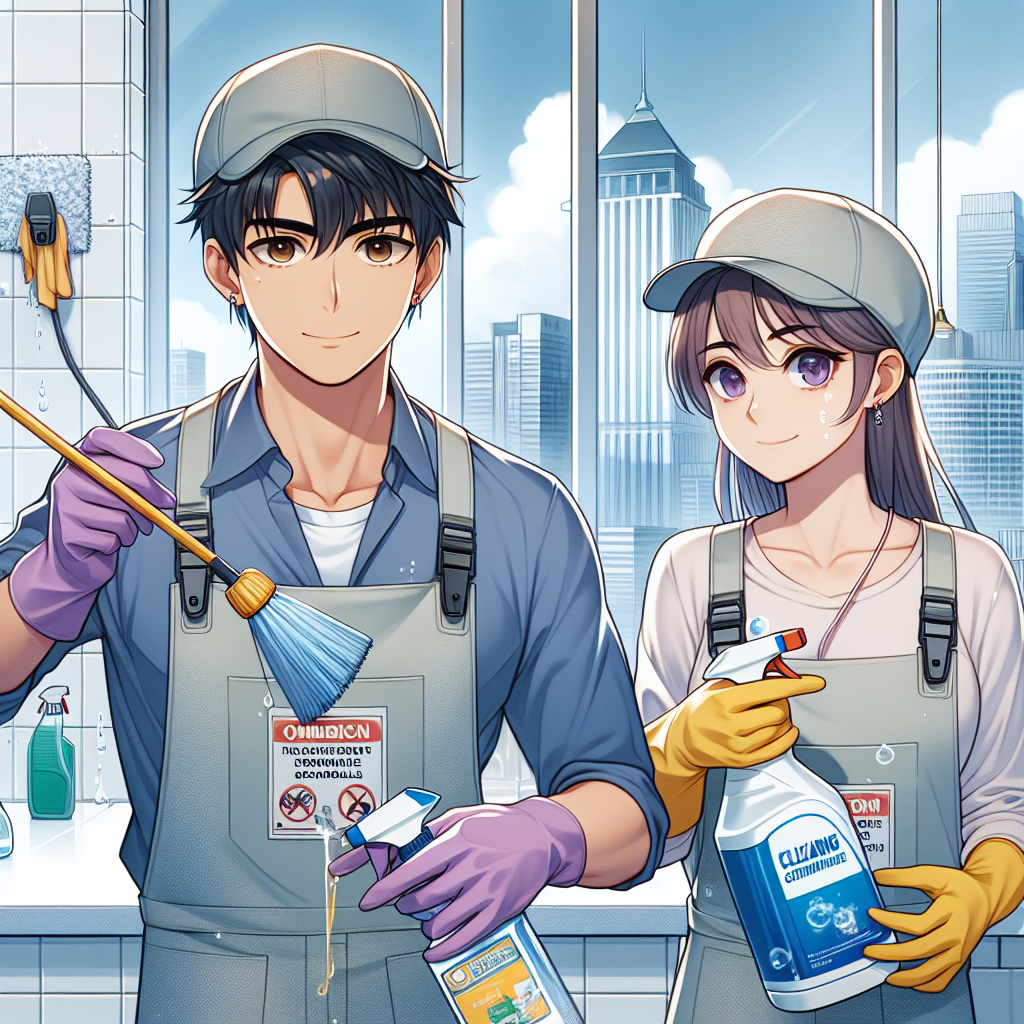Discover essential tips and techniques for ensuring chemical safety in industrial cleaning processes. Learn about the various hazards cleaning chemicals can pose, from skin and eye irritation to more severe health effects, and the importance of reading labels and Safety Data Sheets. Find out how to protect yourself with proper personal protective equipment and ventilation practices. Store chemicals safely to avoid interactions with incompatible substances. By following safe chemical handling practices, you can prevent accidents and minimize risks for yourself and those around you. Elevate your cleaning operations by prioritizing chemical safety every step of the way.
As a professional in the cleaning industry, you understand the importance of chemical safety in your daily operations. Handling cleaning chemicals properly is not only crucial for your safety but also for the efficiency and effectiveness of your cleaning tasks. In this guide, we will walk you through essential tips and techniques to ensure chemical safety in your industrial cleaning processes.
Understanding Chemical Hazards
Before delving into specific safety measures, it's vital to have a comprehensive understanding of the potential hazards associated with cleaning chemicals. Different chemicals pose various risks, including skin and eye irritation, respiratory issues, and even more severe health effects if mishandled.
Always read the labels and Safety Data Sheets (SDS) of cleaning chemicals to identify potential hazards and recommended safety precautions.
- Wear appropriate personal protective equipment (PPE) such as gloves, goggles, and masks when handling chemicals.
- Ensure proper ventilation in the area where chemicals are used to prevent inhalation of harmful fumes.
- Store chemicals in their original containers and in designated areas away from incompatible substances.
Safe Chemical Handling Practices
Proper handling of cleaning chemicals is paramount to prevent accidents and protect both yourself and others in the vicinity. By following best practices, you can significantly reduce the risks associated with chemical exposure.
Always use the appropriate amount of chemicals as instructed. Avoid over-diluting or using more than necessary.
- Mix chemicals in well-ventilated areas and never mix different chemicals unless specified as safe to do so.
- Dispose of chemical waste properly according to local regulations and guidelines.
- Clean up spills immediately using appropriate spill kits and follow proper cleanup procedures.
"Proper chemical handling is not just about following rules; it's about protecting yourself and those around you from potential harm."
Training and Education
Continuous training and education on chemical safety practices are essential for all cleaning industry professionals. By staying informed about the latest safety protocols and updates in the industry, you can enhance your knowledge and ensure a safer working environment.
Attend regular safety training sessions to refresh your knowledge and learn about new safety measures.
- Educate your team members on proper chemical handling techniques and emergency response procedures.
- Stay updated on any changes in regulations related to chemical safety in your industry.
- Encourage a culture of safety awareness and open communication within your team.
Safety in handling cleaning chemicals is not just a priority; it's a responsibility that every professional in the industry must uphold. By investing in proper training and education, you are not only protecting yourself but also contributing to a safer working environment for everyone.
Ensuring chemical safety in your industrial cleaning processes requires a combination of knowledge, awareness, and proactive measures. By following the guidelines outlined in this guide and staying vigilant in your practices, you can create a safer and healthier workplace for yourself and your team.



